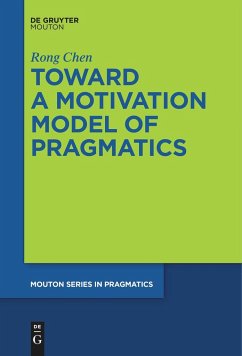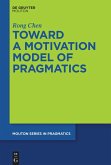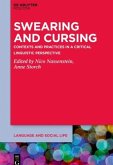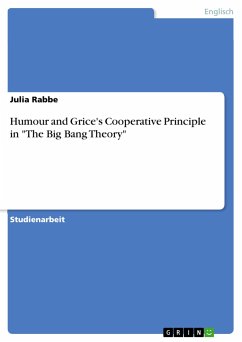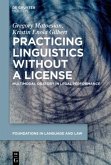With the "discursive turn" has come a distrust - a complete rejection by some - of theories that seek deeper reasons for surface phenomena. Rong Chen argues that this distrust, with its accompanying overemphasis on specificity and fluidity of linguistic meaning and social values, is unwarranted and unhelpful. Drawing on insights from social theories and various strands of pragmatics, he proposes a motivation model of pragmatics (MMP), contending that language use can be adequately, coherently, and elegantly studied via the motivation behind it in its varied and dynamic contexts. The model, with its well-laid out components, is then applied to (im)politeness research, cross-cultural pragmatics, diachronic pragmatics, discourse and genre analysis, conversation analysis, identity construction, and the study of metaphor, sarcasm, parody, and lying. MMP is thus a framework aimed at accounting for fluidity with stable notions, specificity with general principles, and differences with similar underlying factors. As such, the book should appeal to students of pragmatics, (im)politeness, conversation analysis, sociolinguistics, applied linguistics, communication, sociology, and psychology.
Bitte wählen Sie Ihr Anliegen aus.
Rechnungen
Retourenschein anfordern
Bestellstatus
Storno

